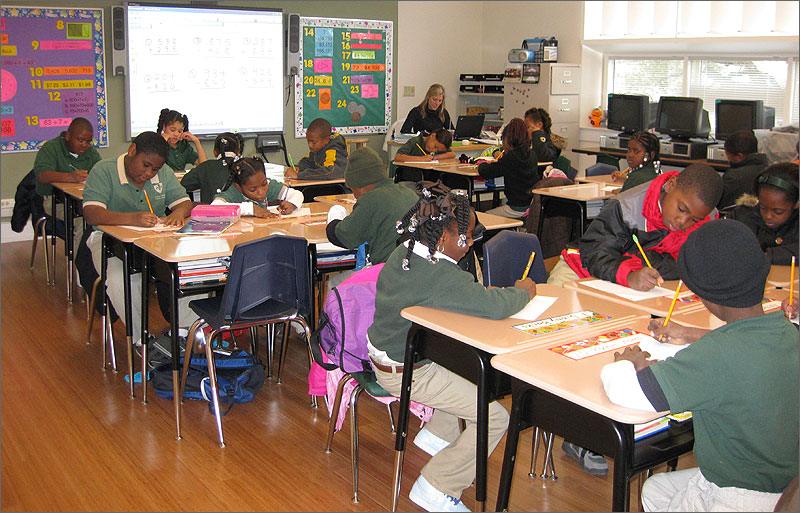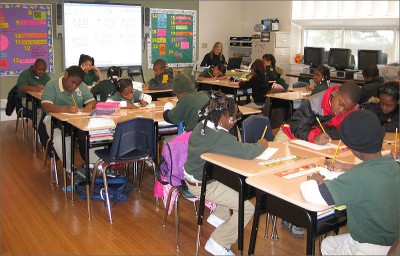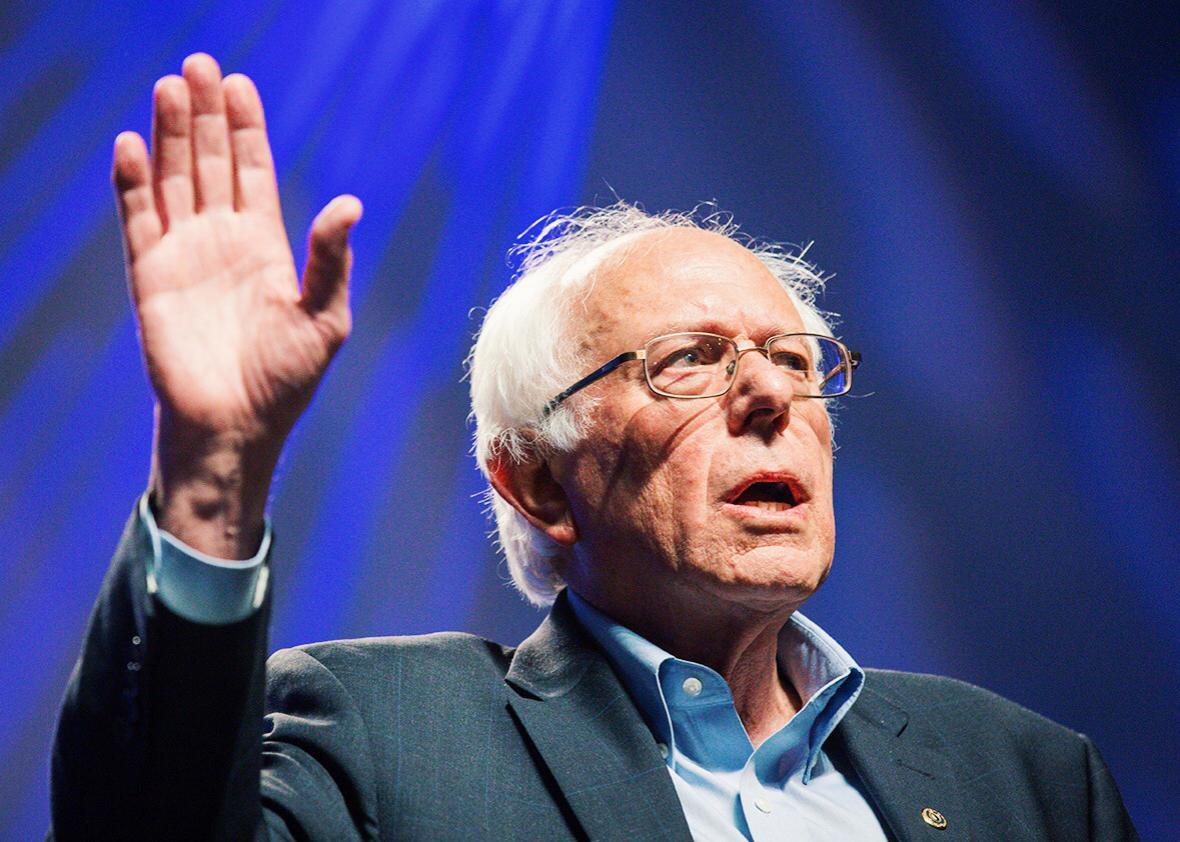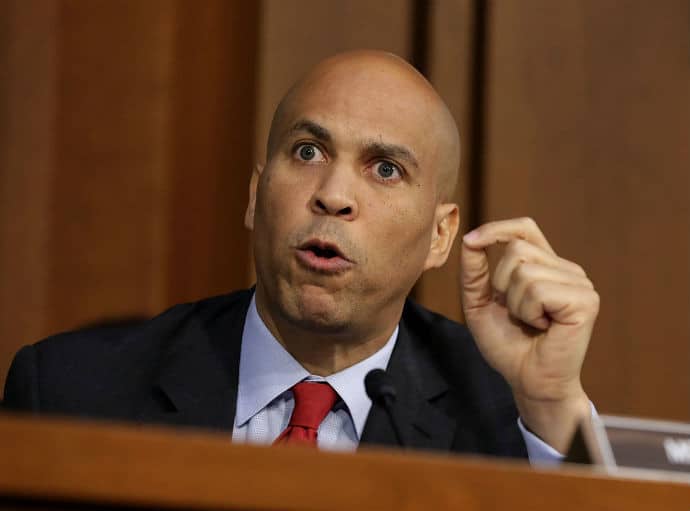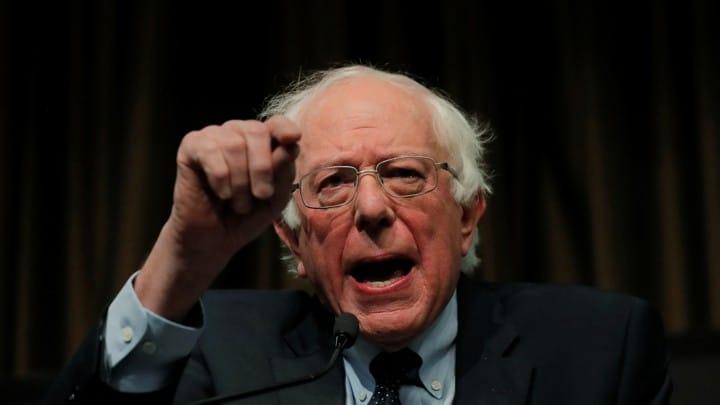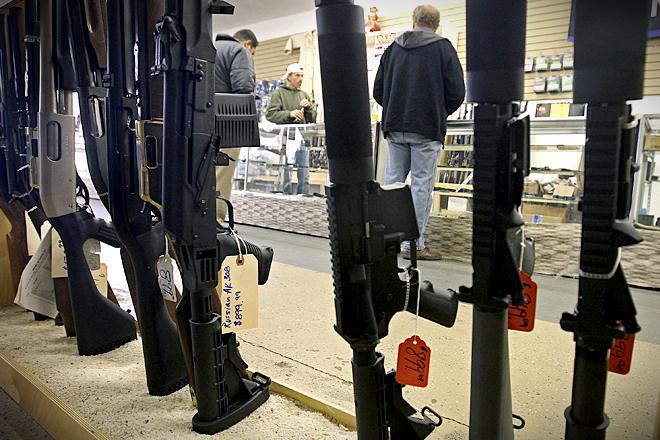The Department of Justice is suing Louisiana in order to halt a school voucher program which was set up to aid poor and minority students.
The federal agency is attempting to block 34 Louisiana school districts from offering private school vouchers by claiming the program would slow down the desegregation process.
About 90 percent of the students who receive the vouchers are black. The Justice Department contends the school districts are still bound by desegregation orders that are decades old. Thus, the very orders designed to ensure black students were not discriminated against are now being used to keep them out of better schools, say voucher supporters.
An excerpt from the lawsuit reads: “The State’s continued issuance of vouchers without proper regard for existing district desegregation orders or consent from appropriate federal courts impedes these school districts’ desegregation efforts, and deprives the students of their right to a desegregated educational experience.”
Louisiana Gov. Bobby Jindal, a Republican, called the Department of Justice’s action “shameful.” Jindal supports the law – called the Louisiana Scholarship Program — which permits students to transfer from failing public schools into private schools.
This set provides information about media and education in your child’s life.
“Giving every single child — no matter their race or their income — the opportunity to get a great education is a moral imperative,” Jindal said. “We will not sit by while folks in Washington, D.C., try to tell Louisiana parents that they are not able to attend the school of their choice.”
Interest in the program among parents and students has grown, from 10,000 applicants in 2012 to 12,000 this year. About 8,000 students will participate this year. More than 90 percent of the parents of the students say they are satisfied with the program, according to a survey. Part of that likely is because students in the voucher program are improving academically; from 2011 to 2013, the number of students performing at grade level in literacy and math increased by 7 percent increase when compared to their former failing schools.
Too often, Jindal said, the rich have more choice in education than the poor. Vouchers, he said, are intended to help poor families.
“Let’s be honest, we all want to say we’re for equal opportunity in education, but that’s not the reality in America,” he said. “If your parents have the means, they probably move to a good neighborhood with good public schools, or they’re saving their dollars to send you to a good private school. There are too many kids in this country today trapped in poor neighborhoods, with poor, failing public schools.”
The Louisiana governor said he believes education will become America’s next battleground for civil rights.
The continued failings of the public education system have pushed a significant number of parents to opt to homeschool their children or send them to semi-public charter schools. Poor academic scores combined with increased violence are the most often cited reasons for leaving public schools.
Former Florida Gov. Jeb Bush, chairman of the Foundation for Excellence in Education, also criticized the action by the department.
“This is another intrusion by the federal government on families’ personal decisions,” Bush said. “Parents who wish to send their child to a better school should not have to seek approval from Washington. This move by the Obama Administration traps our kids with low expectations and low-quality schools, all in the name of protecting the system that continually fails these students. It is our moral obligation to ensure that every child has access to the best education available. America is a nation of opportunity and a quality education opens the door to opportunity.”


